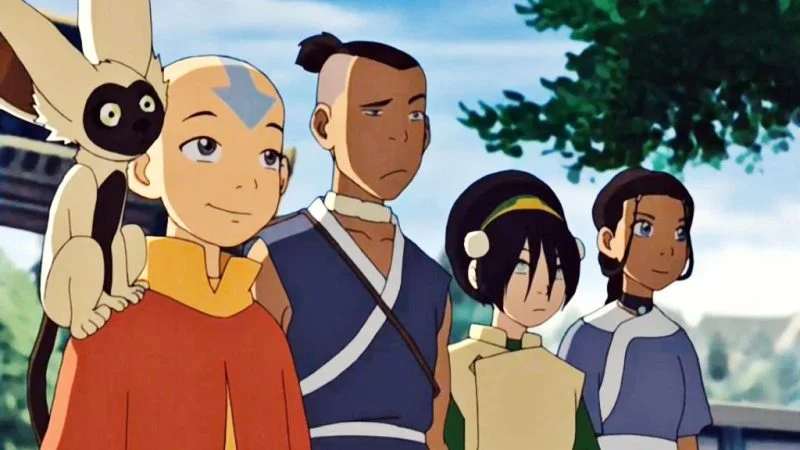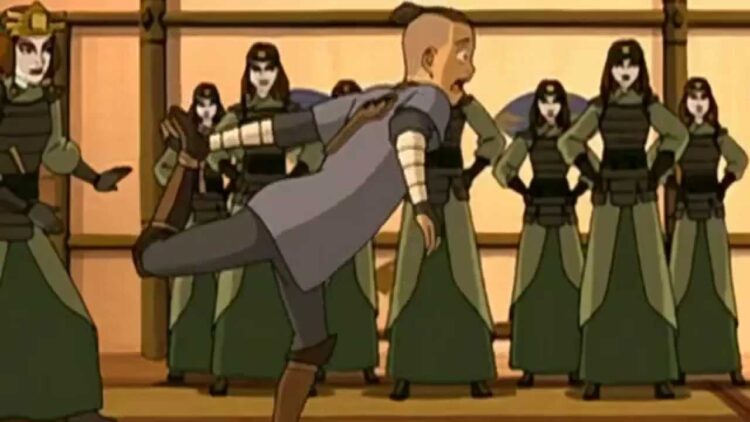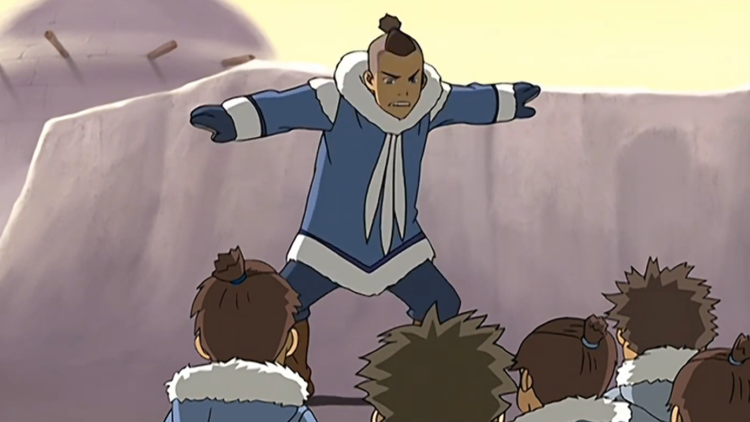We’re less than a month away from the live-action adaptation of Avatar: The Last Airbender and we just found out about one of the major changes of the upcoming series. That happens to be Sokka, the beloved sidekick of the popular anime that was notably different in the recent trailer of Avatar: The Last Airbender. Speaking to Entertainment Tonight, the creators of the series explain their reasoning for changing Sokka’s sexism:
“Yeah. So we had to guard against that kind of stuff,” Kim explained. “And so, those are things that aren’t really changing a character as so much as updating them a little bit.”
This is a very interesting move to make as Sokka’s sexism is a big reason that he develops throughout the series. The reasoning surrounding Michael Dante DiMartino and Bryan Konietzko leaving the live-action series remains a mystery. Perhaps changing the core elements of a popular character is one of the reasons the duo opted to exit the Netflix exclusive.
Sokka’s Sexism Is A Key Part Of His Growth In The Original Avatar: The Last Airbender

Sokka originally had the mindset that he and Katara had gender roles that were necessary for the Water Tribe. Sokka wasn’t sexist to be a douchebag. His father, Hakoda, was a Southern Water Tribe chieftain who rose as one of the prominent leaders at the end of the Hundred Year War. He would go on to fight the Fire Nation two years before the end of the Hundred Year War.
Sokka grew up under the leadership of a man who prepared him to take over the household when he stepped away. As a man, Sokka felt that he had to protect his family, which is why he has a class preparing the next generation to step up and take care of their families. Sokka’s antics weren’t rooted in sexism, though there’s no denying that he had a narrow-minded view when it came to women’s roles.
Then he met Suki and The Warriors of Kyoshi. These girls challenged Sokka’s worldview and eventually understood that women had more value beyond washing clothes or cooking in the kitchen. Stripping Sokka of this element takes away a core element that helped define him as a three-dimensional character. Sokka grew out of his narrow mindset and immaturity by the end of the third season, and it seems that Netflix and the creators don’t understand the basic arc of the series.
Will Stripping Away Sokka’s Sexism Ruin The Series?

Stripping away a core element of Sokka’s character won’t ruin the series as Aang defeating Lord Ozai had nothing to do with Sokka’s view on women. However, it will make him an extremely bland character if Sokka is simply presented as a warrior with a few sarcastic quips.
The actor who plays Sokka, Ian Ousley, discussed his version of the character and revealed an interesting angle that could make Sokka compelling, “He’s dealing with what it means to not have his father and try to maybe lead when you’re not fully capable,” Ousley said. Sokka battling his inner demons and trying to find himself as a leader could be great if written properly.
However, his view on women was never overbearing or cruel, thus there was never any need to change him as Sokka was likable from beginning to end. This doesn’t mean the show needs to adapt every single thing that was in the anime. A few differences here and there would help make the series stand out, as long as it doesn’t completely deviate from the source material that takes away from the original message of the series.
Was It A Good Idea Retooling Sokka’s Sexism?

Only time will tell whether the Netflix creator did justice to Sokka’s character. The world of Avatar is inspired by Asian cultures, so the customs are clearly different from North American culture. Hopefully, the creators understand the historical and cultural importance that plays a major factor in the anime. As previously mentioned, him trying to deal with not having his father around and finding himself as a leader can produce a strong and well-rounded character as well. However, this was a missed opportunity to showcase the importance that underlies that people are flawed individuals who can grow and learn from their mistakes.
 Follow Us
Follow Us





